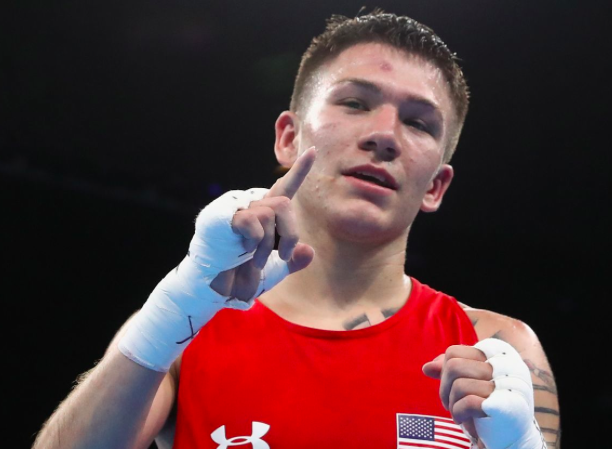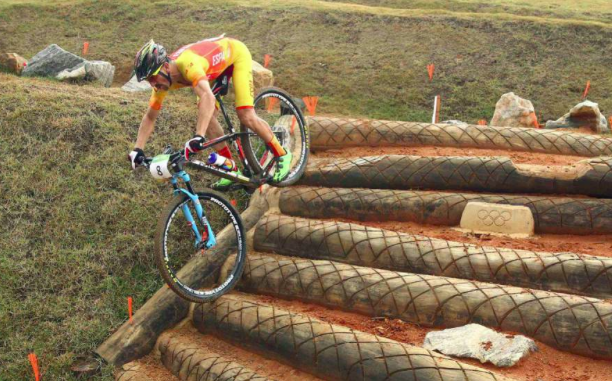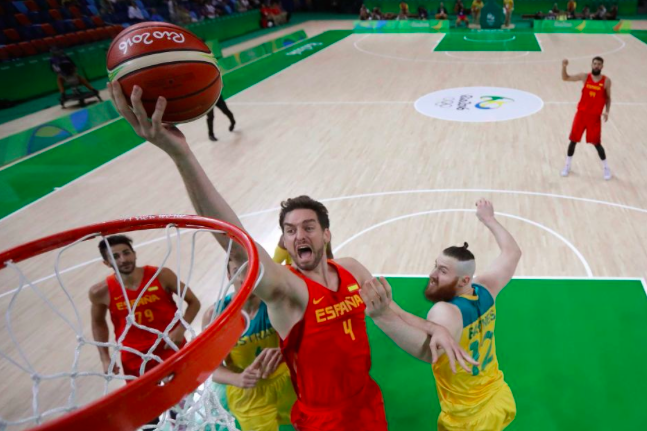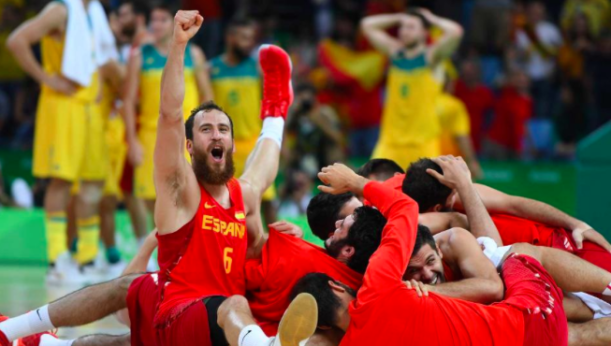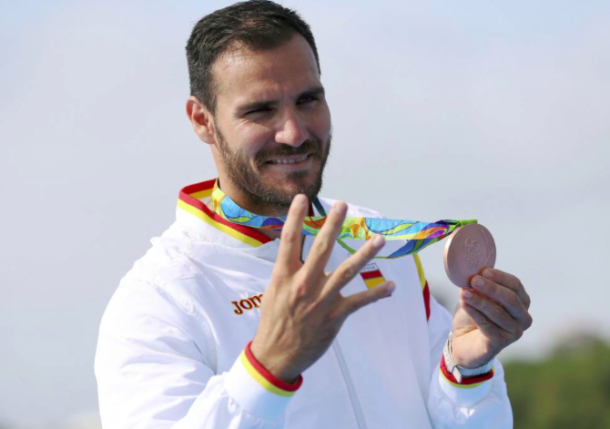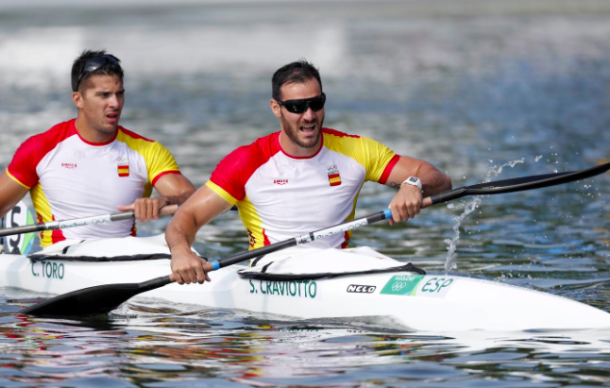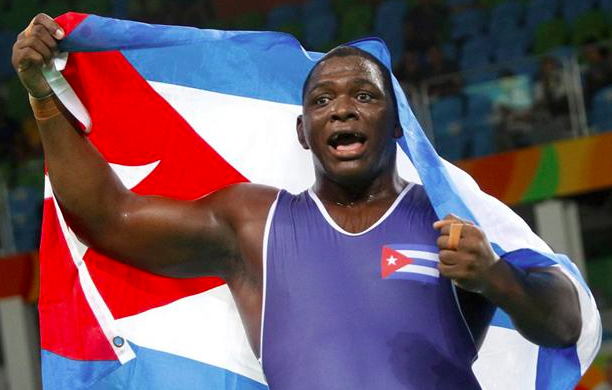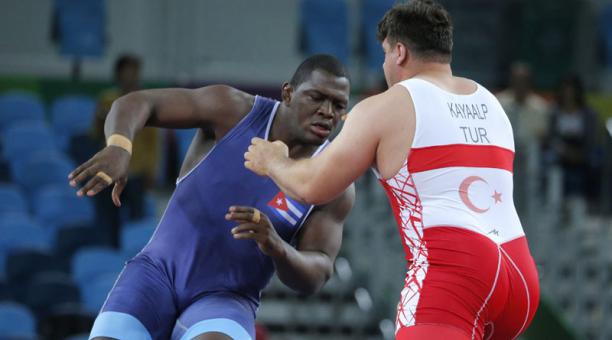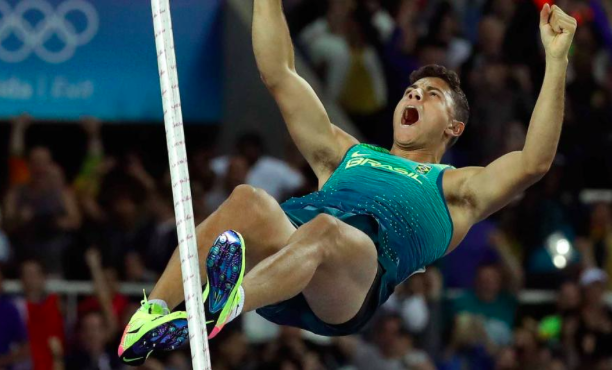
Robson Conceição is officially Brazil’s first boxing Golden boy….
The 27-year-old Brazilian amateur boxer won Brazil’s first Olympic boxing gold medal on Tuesday night at the 2016 Rio Games, delighting a frenzied home audience with a unanimous decision over France’s Sofiane Oumiha.

But Conceição couldn’t step up onto a medal podium without thinking about where his journey began.
His mind is never far from his impoverished neighborhood, where he discovered and honed a boxing talent that finally lifted him all the way into Brazilian sports history.
“It’s amazing that my life has changed forever,” Conceição said.
The largest boxing crowd of the Olympics filled the arena with songs, cheers and foot-stomping craziness for Conceição, who found his path out of poverty through the boxing rings of the state of Bahia, the sport’s biggest hotbed in Brazil.

“It was an incredible feeling to represent the whole of Brazil and also Bahia,” said Conceição, who stood atop the podium with his arms raised, basking in cheers.
“I continued to fight because of them. They gave me the strength when I was fighting, so it was an incredible feeling. It’s because of them that I got this medal.”
Conceição is an appropriate trailblazer in a sport without a rabid passion or fan base in Brazil. Conceição fights aggressively, but with a Cuban-style skill base and an elusive fluidity that contains hints of capoeira, samba and the clever style of Anderson Silva, Brazil’s greatest mixed martial artist.
Even if they don’t follow boxing, everybody in Brazil recognizes something in his style, Conceição suggested earlier in the tournament. And now they’ll all understand the gold around his neck.
Conceição, a three-time Olympian, reached the peak of his skills just in time for his home games, storming through his bracket as the third seed and winning gold.
He credits his abilities to Bahia, where athletic Cuban fighting styles are often taught by imported Cuban coaches.
“Bahia has got the strongest reputation for boxing in the whole of Brazil,” he said. “That’s only because there’s a lot of poverty. A lot of kids are encouraged to box to get out, to escape.”
Brazil had won one silver and three bronze boxing medals in its modest Olympic boxing history, but Conceição proved he deserved his gold with a strong performance against Oumiha.
Conceição’s elusiveness, aggressiveness and creative punching kept Oumiha frustrated and hurt for the first two rounds, and a solid third was too late for the Frenchman.
Conceição collapsed to his knees when the decision was announced. He then jumped against the turnbuckle and onto the ropes, waving his adoration at the singing, roaring crowd. He eventually climbed out of the ring to kiss his young daughter, Sofia, and his wife, Erika Mattos, who is also a boxer.
Conceição claimed Brazil’s third gold medal of its home games, joining men’s pole vault champion Thiago Braz da Silva and women’s judo lightweight Rafaela Silva.
Unlike most of his Brazilian boxing teammates, Conceição is a tested veteran and a serious contender for the top honors in their sport. Along with his Olympic experience at the 2008 Beijing Games and the 2012 London Games, he finished second at the 2013 world championships and third in 2015.
After receiving an opening bye, Conceição advanced to the gold-medal match with a quarterfinal win over Uzbekistan’s Hurshid Tojibaev and a cathartic semifinal victory over Cuba’s Lazaro Alvarez, a three-time world champion and two-time Olympic bronze medalist.


